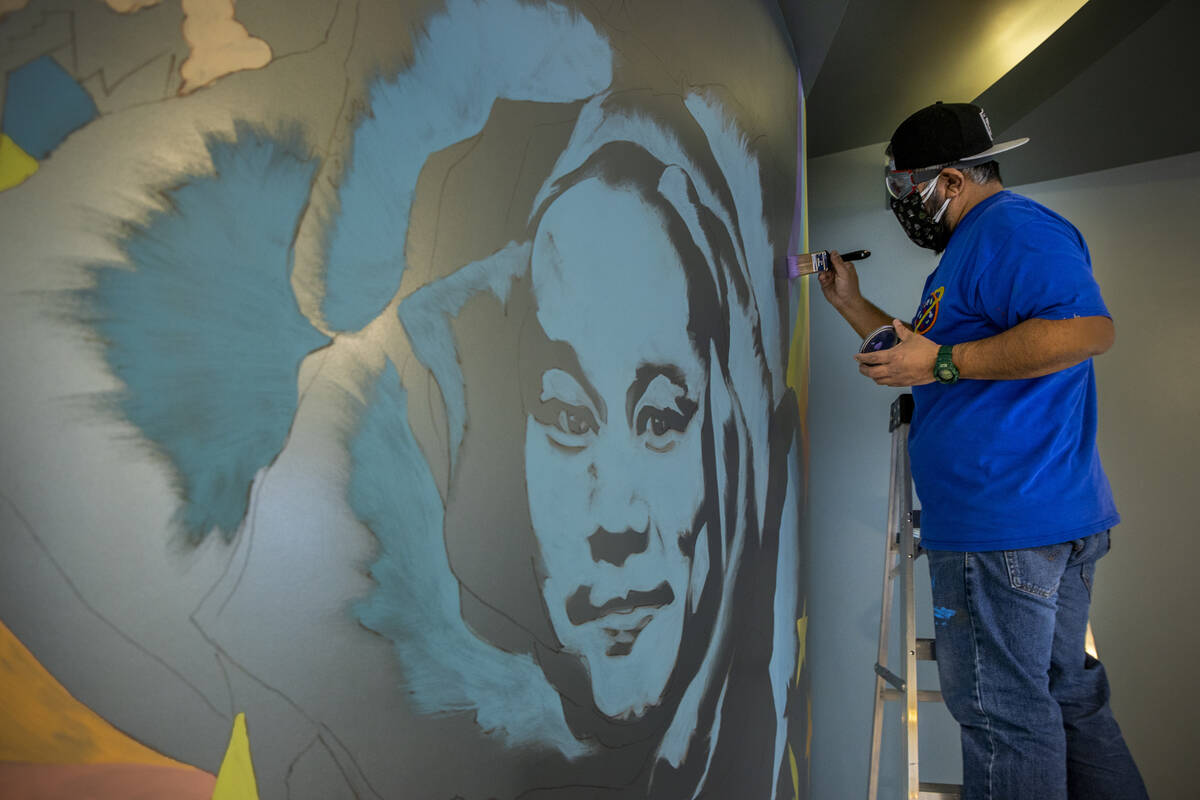Tony Hsieh’s will is confusing, clunky, lawyers say

Elyse Tyrell has been working as a probate lawyer in Southern Nevada for more than 30 years and figures she has worked on thousands of wills.
But when she read through tech mogul Tony Hsieh’s last will and testament, she had never seen anything like it.
As she described it, the document is convoluted, does not follow key estate-planning principles and could not have been drawn up by an attorney.
“This is clearly something he wrote himself,” Tyrell said, adding it “does so many things we don’t do in wills.”
Hsieh, the former CEO of online shoe seller Zappos and face of downtown Las Vegas’ economic revival, died in 2020 at age 46 from injuries suffered in a Connecticut house fire. Hsieh’s father has been managing his son’s estate through a probate case in Clark County District Court, and the dad’s legal team has stated multiple times in court filings that the younger Hsieh died without a will.
But in a surprise twist to a protracted legal drama, attorneys who aren’t working for the family filed court papers April 17 with Hsieh’s will and a letter explaining how it was found.
All told, it’s been a bizarre turn of events, in part because of how the will was written.
Probate and estate-planning lawyers who read it at the Las Vegas Review-Journal’s request said the document was confusing, clunky and featured language and details they don’t normally see in such documents.
“It’s a very unusual will,” said attorney Brooke Borg, who has two decades of legal experience in Southern Nevada.
‘Backup will’
Tyrell noted that when someone signs their will, they also revoke any prior versions. But Hsieh’s will referred to his “precautionary, alternate and contingent unrevoked prior Will,” and indicated that his old one takes effect if his new one fails or is contested by his family.
The document referred to the previous version as his “backup will,” but Tyrell said that sort of thing doesn’t exist.
The will indicates that Hsieh left at least $2 million to his family — $500,000 each for his parents and two brothers.
But it also indicates his family could get cut out of the inheritance, stating they may only get $10 each and another 10 bucks in a trust for their benefit.
Las Vegas attorney Kennedy “Kenny” Lee, for one, couldn’t definitively say how much money Hsieh intended to leave his family, not without a closer reading.
He also said the will included language that industry professionals don’t use.
Lee noted that the document refers to the will as “Execution Number One of Version Number Two” and to the prior version as “Execution Number One of Version Number One.”
“I don’t know any other estate planner who uses language like that,” he said.
He said the law can allow for a prior version of a will to take effect under certain circumstances, such as if a newer one was forged or was signed by someone who lacked mental capacity to approve it.
If the executors of a will do not honor its terms, this could give the beneficiaries grounds for a lawsuit — but the refusal alone does not invalidate the document, he said.
‘Not done by an attorney’
Cincinnati lawyer Jay Brinker said the will contained “oddities” that he hasn’t seen in such documents in his 38 years of practice.
Some of the language sounded like corporate lingo, said Brinker, who also noted that wills never have references to backups.
If a will is deemed invalid, the prior version can usually just take its place unless it has been physically destroyed, he said. But he found it odd that there was so much focus on it and “actual references to what it contained.”
According to the recent court filing, Hsieh’s will was found in late February in the personal belongings of the late Pir Muhammad, who suffered from Alzheimer’s disease and was not aware that Hsieh had died.
Hsieh had named Muhammad an executor in the will and gave him “exclusive possession” of the original, in part to prevent anyone from destroying it, the will indicates. The letter describing the will’s discovery did not say when Muhammad died or where he lived, nor did it provide any details about his career or his association with Hsieh.
The seven-page last will and testament was dated March 13, 2015, and signed by Hsieh and several witnesses, as seen in the court filing by law firms McDonald Carano and Greenberg Traurig, which represent named executors in the will.
The document is titled a “pour-over” will, which, in general, is meant to only sweep any remaining assets into a trust when the owner dies.
But lawyers pointed out to the Review-Journal that the scope of Hsieh’s will goes beyond that, as it also directs money to charities.
“This was absolutely not done by an attorney,” Tyrell said.
Contact Eli Segall at esegall@reviewjournal.com or 702-383-0342.